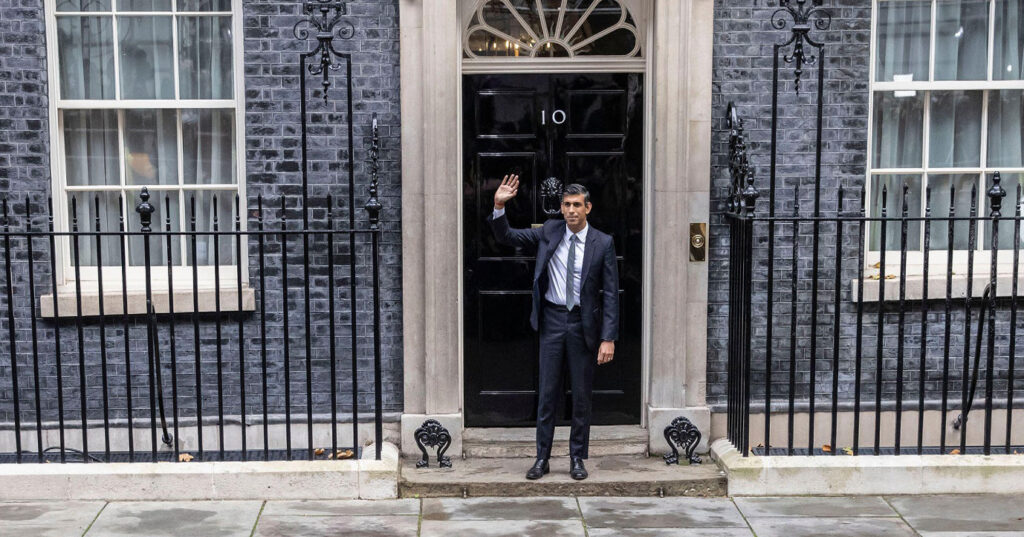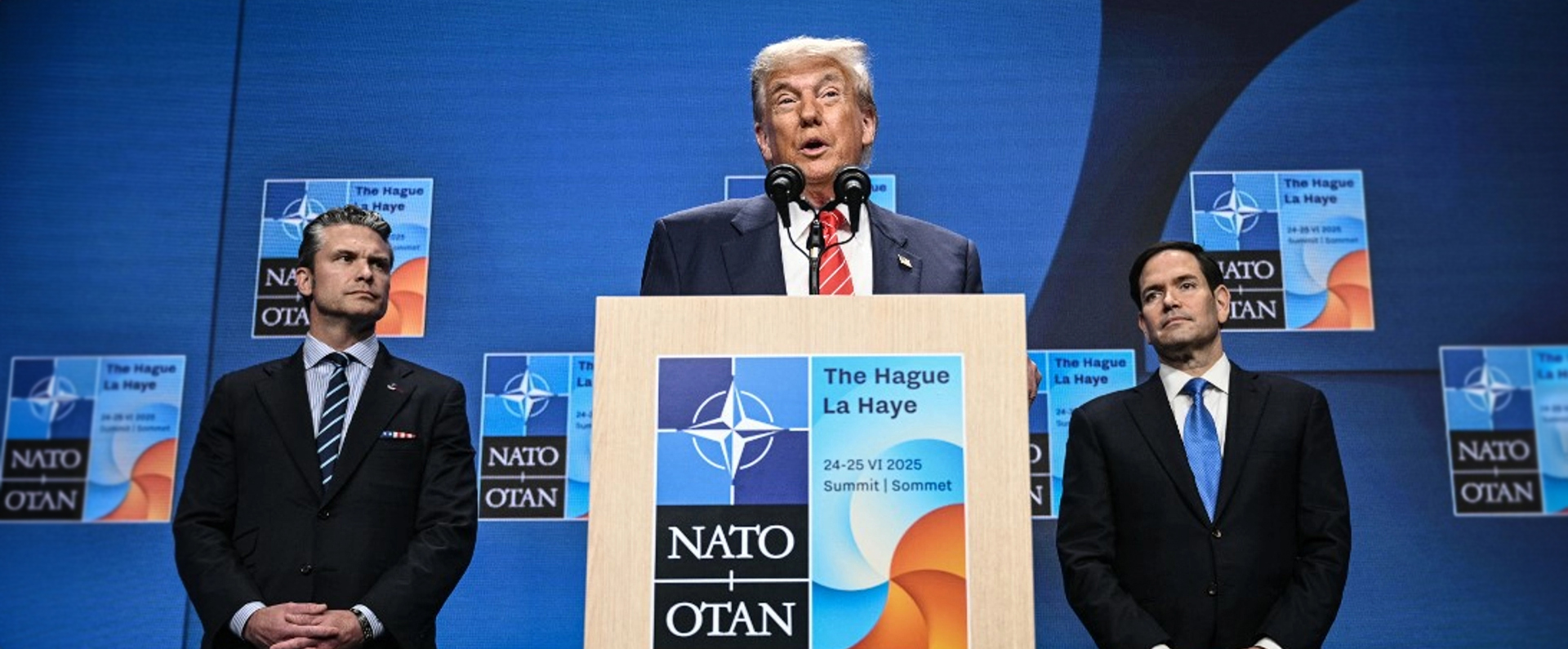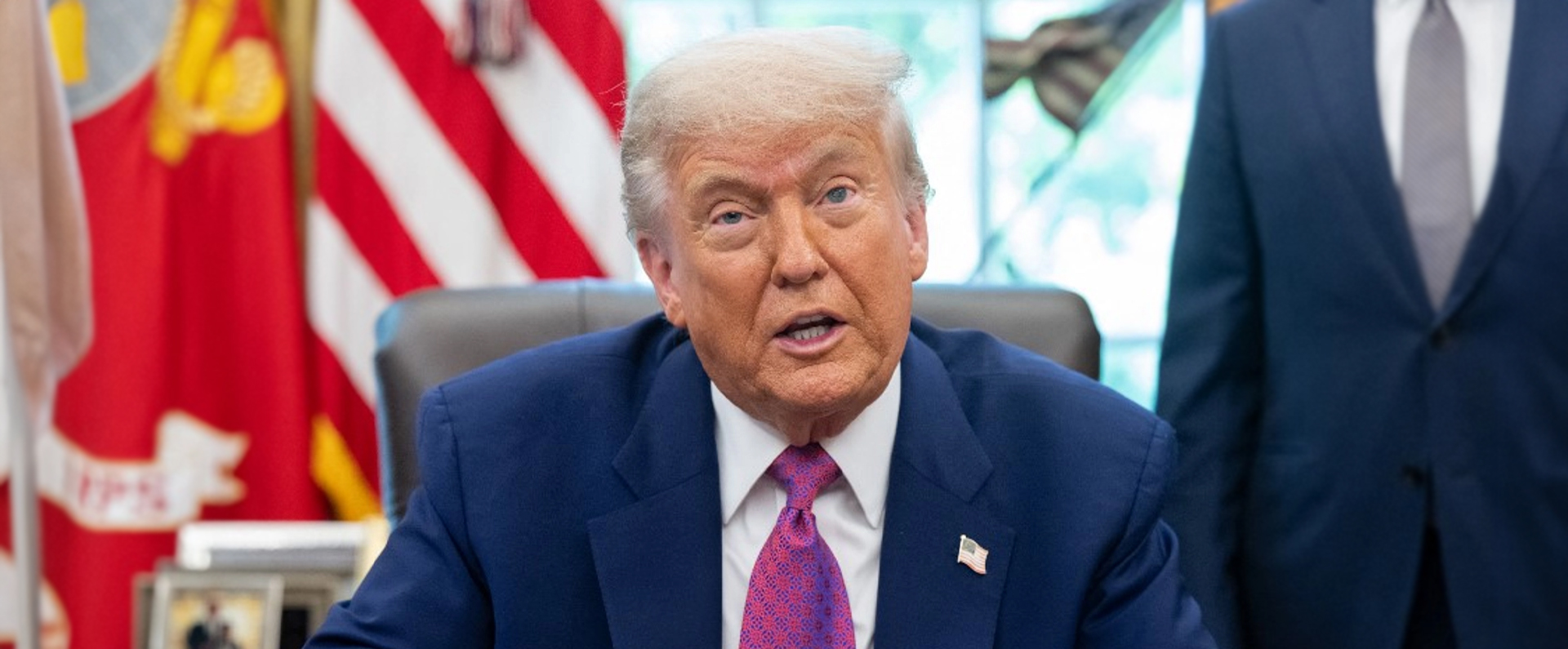
My new research report, out today, is titled They Think It’s All Over. This is not (only) an attempt to find a topical link to the World Cup. It encapsulates our finding that even if Rishi Sunak and the government manage to make progress on the huge challenges facing Britain, the electoral battle they face could be even tougher.
Sunak faces problems that were familiar to three of his Downing Street predecessors. No two elections are exactly alike, but the precedents look ominous. And unlike Theresa May, Gordon Brown and John Major, Sunak faces all three of them at once.
The 2017 problem – the broken coalition
In 2015, David Cameron assembled a coalition of the willing behind his long-term economic plan to restore order to the public finances, successfully selling austerity under the promise “we’re all in this together”. Two years later Theresa May struggled to hold together this alliance (which had included many middle-class who voted Remain in 2016) and to attract enough recent Brexit supporters (many of whom were suspicious of the Tories, not least because of austerity).
In 2019, pre-partygate Boris Johnson was able to unite the factions under two themes – the imperative to finally “get Brexit done” and to keep Jeremy Corbyn out of Number Ten. In the absence of those, the remarkable Johnson coalition has collapsed.
In our poll we gave our respondents pairs of opposing statements on various issues and asked which they most agreed with, then looked at how closely people’s answers on each issue were related to their likelihood to vote for each party at the next election.
Read more


